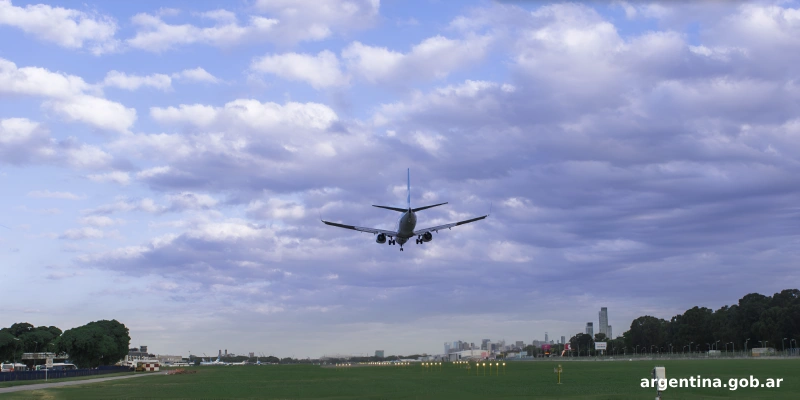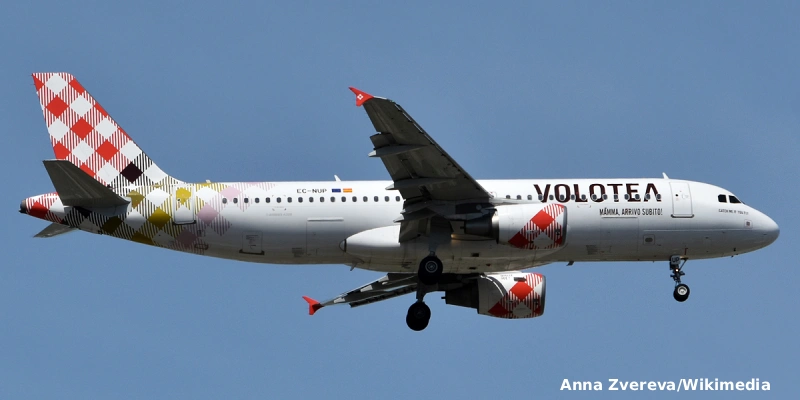Argentina has successfully maintained its Category 1 rating in Operational Aviation Safety, the highest classification awarded by the United States Federal Aviation Administration (FAA). This decision follows a rigorous evaluation that confirmed the compliance of the national aeronautical system with all technical and operational requirements.
Intervention and Reforms: The Path to Recovery
The effort to avoid a downgrade to Category 2 was spearheaded by the National Government, which intervened in the National Civil Aviation Administration (ANAC) in response to years of mismanagement inherited from previous administrations. Under the leadership of the Transport Secretariat of the Ministry of Economy, a comprehensive restructuring plan was implemented.
With technical support from the South American Regional Office of the International Civil Aviation Organization (ICAO), ANAC worked tirelessly to address the issues identified by the FAA during the International Aviation Safety Assessment (IASA) Program audit in April 2024.
82 Findings Corrected: An Audit That Raised Alarms
During the initial audit, the FAA identified 82 findings, primarily focused on key areas such as airworthiness, licenses, and operations. These deficiencies jeopardized the country’s rating and its ability to operate routes to the United States. The situation was critical: the previous administration had refused to undergo this inspection, prolonging a state of risk.
However, after months of intensive work, ANAC resolved 92% of these deficiencies before a follow-up FAA visit in October 2024. This inspection proved decisive: the U.S. authority granted an extension until December for Argentina to address the remaining seven observations.
Mission Accomplished: Argentina Preserves Its International Status
Before the extension deadline, ANAC submitted objective evidence of the implemented corrections. After reviewing the reports, the FAA confirmed that all 82 points had been fully resolved. As a result, Argentina retained its Category 1 rating in operational aviation safety.
Implications for Commercial Aviation
Maintaining this category has direct implications for the country’s connectivity. It allows Argentine airlines to offer direct flights to the United States or participate in code-sharing agreements with U.S. operators. Additionally, it enables the addition of new destinations, frequencies, and aircraft on these routes.
The FAA’s recognition not only validates the work accomplished but also projects a stronger future for the national aviation sector. The reform of the Aeronautical Code, aligned with international standards, was another key step in this process.
Related Topics
IAG Posts Record €3.342 Billion Profit for 2025
Condor to Move Operations to Frankfurt Airport’s New Terminal 3 in 2027
TAP Air Portugal Announces Ambitious 2026 Expansion Plan: New Orlando Route, Intermediate Cabin, and Brazil Reinforcement
Volotea Resumes Its Menorca-Verona Route Starting in August

Plataforma Informativa de Aviación Comercial con 13 años de trayectoria.




